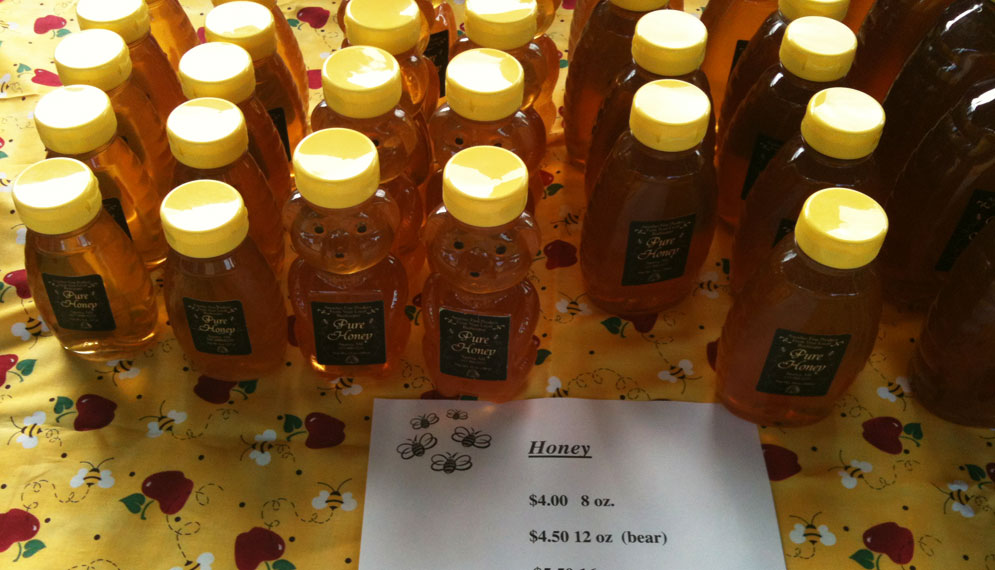Two Advantages of Buying from Small, Local Farms
 Wednesday, April 30, 2014 at 1:32PM
Wednesday, April 30, 2014 at 1:32PM  There are many, many advantages for you, for the farmer, and for society at large to buy from small, local farms.
There are many, many advantages for you, for the farmer, and for society at large to buy from small, local farms.
Here are two: 1) if organic, the farmer helps control pesticide use, incl. GMO seed 2) Small farms help keep the soil's immune system healthy by rotating & heirloom crops and by employing other practices that large farms do not. The soil's immune system is like ours - it needs variety & healthy bacteria and practices that continue to infuse it w/ nutrients (not strip).
Learn where your state ranks in local farming and food: The 2014 Locavore Index: See Where Your State Ranks in Local Food
A chemical in certain pesticides that are used world wide, including pesticide containing GMO seeds / plants that are allowed only in the United States, are suspected to play a part in the massive bee death that is occuring in the United States and around the world right now. We need our polinators, without them, we have no food.
Health Canada issued a report in September indicating that detectable residues of neonicotinoid insecticides used to treat corn and soybean seeds were found in large numbers of dead bee samples taken in 2013.
"Residues of neonicotinoid insecticides were detected in samples from approximately 80 per cent of the beekeepers for which samples have been analyzed."
Here's a study being done on what this pesticide is doing to the gut bacteria of bees:
Pesticide exposure and pathogens may interact to have strong negative effects on managed honey bee colonies. Such findings are of great concern given the large numbers and high levels of pesticides found in honey bee colonies.



Reader Comments